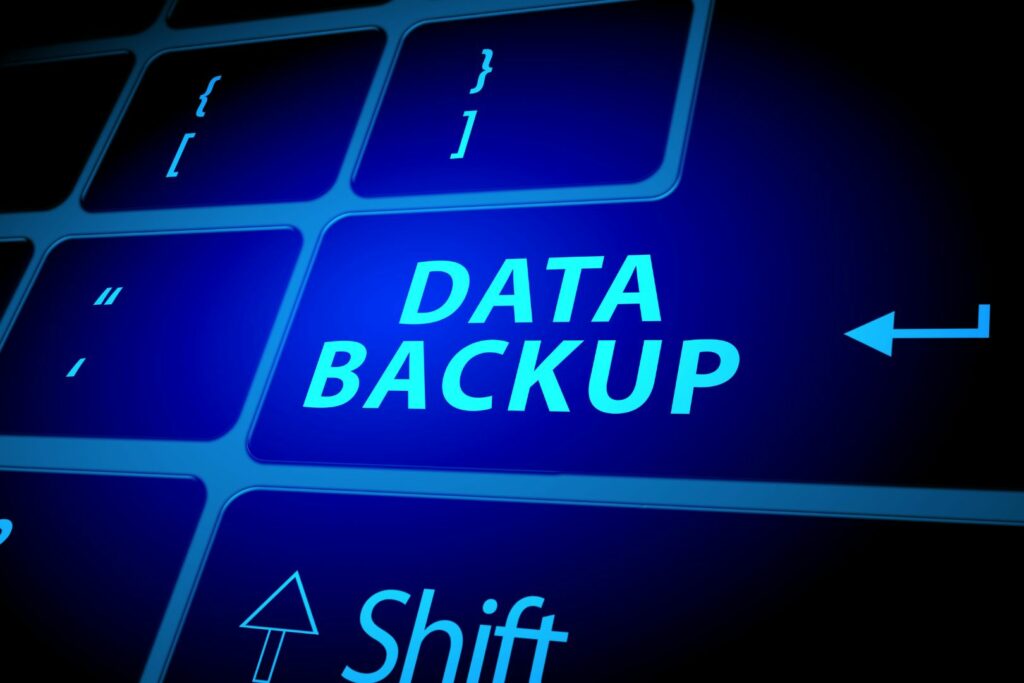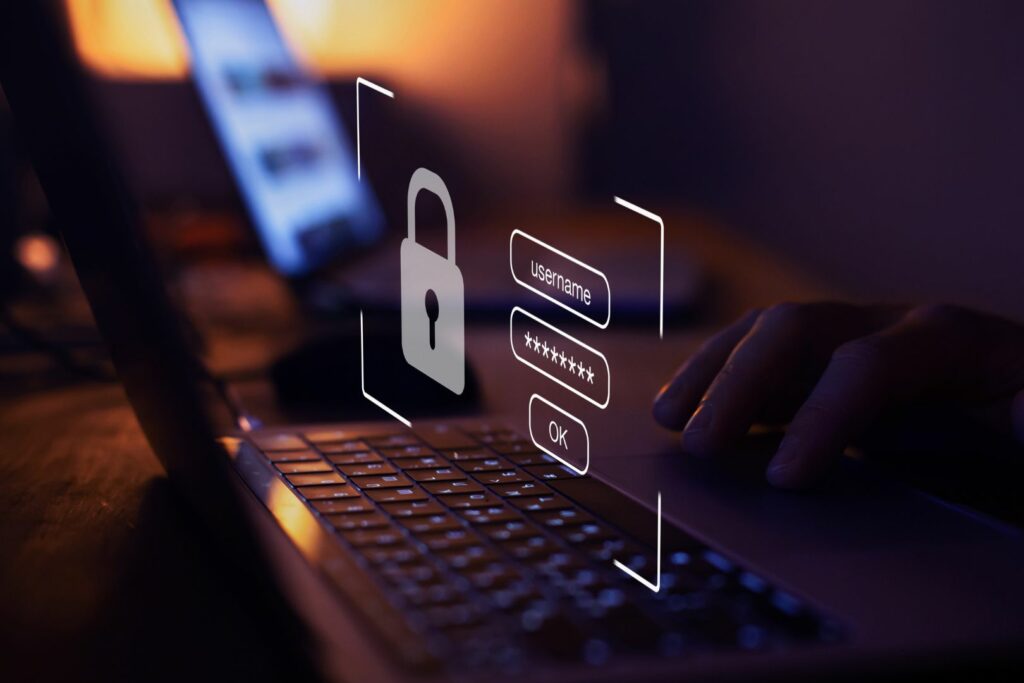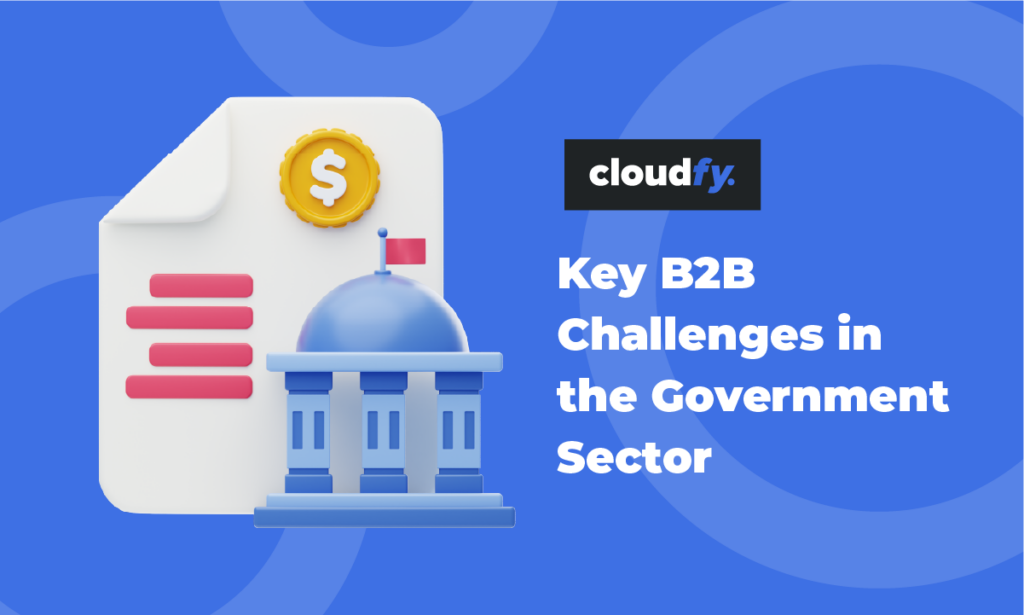As business to business (B2B) ecommerce expands cybercrime is an increasing concern. Due to the high volume and high value of B2B sales ecommerce sites have attracted the attention of cybercriminals. Cybercrime attacks continue to grow at an alarming rate.
All sizes and types of organization face the risks of data breaches and theft that can have a huge impact. For example, in January 2023 all US flights were grounded as critical Federal Aviation Administration (FAA) systems were disrupted. The FBI is still investigating whether this was the result of a cyber-attack. However, it clearly shows that events once considered ‘worst-case scenarios’ are becoming realities. Increasingly complex and interdependent systems involved in the B2B supply chain add to these risks.
A secure ecommerce platform for B2B businesses
As more B2B companies use social media and online self-service portals to connect with buyers, the risk of cybercrime increases. An attack can hurt your business financially, legally, and physically, so website security must now be a top priority.
Cloudfy B2B ecommerce software includes security measures to protect your business and your data. It’s a software as a service (SaaS) solution specifically designed for complex B2B sales. It’s securely hosted and updated regularly to protect against the latest cyber security risks.
Cyber security for B2B businesses
To take full advantage of the latest B2B ecommerce technology you must know the possible security risks you face. For example, ransomware attacks reportedly affected two thirds of companies included in a recent global survey.
Collecting and using information about your customers, their preferences and behavior is an integral part of your B2B marketing. Criminals know this, which is why data breaches are such a significant risk, making proper website security measures essential. In addition, regular checks for gaps in your security systems help ensure fast and effective identification and resolution.
Here are some of the steps you can take to help protect your B2B ecommerce business.

Installing a VPN
A virtual private network or VPN maintains online privacy by masking your IP (internet protocol) address. A VPN is the foundation of your encrypted and secure connection to the worldwide web.
Online activity such as your employees’ browsing history, location and devices isn’t traceable. They can safely send emails containing important information, make payments, and check bank accounts, for example.
In contrast, transactions via an unsecured network mean your sensitive data is much more easily intercepted. If your employees use an unsecured local Wi-Fi network with a password your information is at risk.
Investing in security technology
Firewalls, ransomware and data leak protection are essential security technologies in a modern B2B environment. However, you also need to protect your employees from malicious emails that can appear legitimate. They look credible and convince people to open rogue links or documents. These contain harmful programs that can infiltrate your business systems. Cyber criminals can then extract your valuable data or lock it up so you can’t access it. Spam filters will prevent these emails, and this is an effective approach alongside anti-virus software. With regular updates they can protect you against known threats.

Backing up your data
Data and system backups are a good defense against a ‘deliberate deprivation of service’ (DDOS) attack or malicious computer viruses. Confidential backup files and sensitive data stored remotely offline allow you to quickly restore your systems. Over four out of 10 businesses using backups could recover from an attack in a week. A quarter of those who didn’t took one to six months to recover. While you will lose data you have acquired since your last back up your operations can continue. The frequency of your backups will depend on the impact of stolen or illegally encrypted data.
Preparing your employees
While automated filters and protections reduce your website security risks there is also a human element to cyber security. All your employees must know about the risks and their consequences. Thorough training reminds them how to use your business technology safely. In a B2B context the value of orders and the potential risks to your own organization and your customers is very high. This makes ongoing employee security training a priority.

Protecting your passwords
Weak passwords are one of the most common causes of data breaches worldwide. People still use ‘password’ as their password. While one of the benefits of your B2B ecommerce platform is that customers can register online to access their account details and place orders this also represents a risk. It’s important to do as much as you can to prevent cybercrime due to weak or easily accessed passwords. For example, you might stop customers using very short passwords, their company name, or number sequences like 1234.
Carrying out regular security updates
Website security is not just the role of IT departments and security experts. Thieves are continuously finding new ways to attack your systems and access your data using cybercrime techniques. Regular security updates and reviews are essential. However, if you have a legacy B2B ecommerce platform you will also need rigorous security management. Carefully controlled role-based access also ensures data is only available to those who need it.
Having an emergency response plan
If you experience an attack or data breach your immediate responses could make a big difference to the outcomes. A well-considered and tested emergency response plan can help you minimize the damage. Organizations with a regularly tested and effective plan can save an average of US$1.76million compared with those who don’t.
Your plan might include processes to make sure users can save their work and log out quickly while you restore your most recent unaffected back up. You’ll need urgent notifications to relevant authorities and isolation procedures to minimize the spread of a virus. To speed up recovery you also need measures to accurately assess the degree and impact of the attack.

Peace of mind for your B2B business
It isn’t possible to completely eliminate the risks of a data breach. However, figures show that organizations that prioritize cyber security are four times more likely to detect a data breach in less than one day. This allows a fast response that can minimize the damage to reputation and performance.
Working with trusted ecommerce partners who understand the risks and how to mitigate them is an important part of your cyber security approach.
Cloudfy is a SaaS B2B ecommerce platform offering exceptional value, performance, security, and adaptability. It provides outstanding B2B ecommerce features, cyber security and pre-built integrations and connectors. Implementation is fast and effective, taking just weeks instead of months or even years.
Book a free Cloudfy demonstration to see it’s cybersecurity measures in action.
Frequently Asked Questions
During the pandemic many B2B organizations launched new ecommerce websites in record time. Urgent deployment meant vulnerabilities weren’t always immediately understood. Thieves quickly realised the opportunity to steal information and the potential to use cybercrime techniques and demand large ransoms. While cybersecurity measures improve all the time the sophistication of attacks is also increasing.
There are significant differences between the types of breaches experienced in B2B and retail ecommerce companies. Almost all cybercrime attacks on retailers target customer data, while a quarter of B2B breaches involve corporate information attacks. As remote and hybrid working increases, corporate security is under pressure. Robust virtual private networks (VPNs) can protect sensitive data.
The structures, processes and technologies of B2B organizations are complex, adding to the security challenge. A software as a service provider like Cloudfy is acutely aware of the need to protect clients’ data and stays ahead of the latest threats.
Controlling permissions and access through company policies and formalized separation of responsibilities is important. Multi-factor authentication, complex passwords and strict rules to ensure users change their passwords regularly can significantly reduce risks. Employee training and continuous monitoring and updating is essential. This includes all the appropriate defenses, filters and user behavior tracking.
Rogue employees or contractors can also represent risks. They often have privileged access to systems and data because of their role. They can use their position to steal sensitive information and release malware. Human error is also a factor to consider when innocent users unintentionally provide login details and other security information.






